Transboundary Research
Motor-driven Rehabilitation Device
02.png) The development of a motor-driven rehabilitation device draws on R&D for robotic leg prostheses, and is part of an effort to make this technology more broadly useful not just for patients with missing legs, but for anyone needing to increase physical strength. By making use of existing equipment, to which it attaches very simply, the device saves its users time—which is precious during a rehabilitation session.
The development of a motor-driven rehabilitation device draws on R&D for robotic leg prostheses, and is part of an effort to make this technology more broadly useful not just for patients with missing legs, but for anyone needing to increase physical strength. By making use of existing equipment, to which it attaches very simply, the device saves its users time—which is precious during a rehabilitation session.
In rehabilitation work, accelerometers in the device are used to detect the timing of walking strides. At the moment when the foot contacts the ground, assistive force in proportion to the bending angle of the knee is generated—this prevents the knee from buckling. Then, when the foot lifts off the ground, torque control frees the joint and allows a power-assisted but natural walking stride.
.png) The development of the motor-driven device was carried out in collaboration with doctors and physiotherapists at Tokyo hospitals (2014). In the future, we hope to build a network to share the walking data generated by use of the device. This should aid users in establishing the most efficient ways of employing the device in rehabilitation, as well as provide a forum for patients with similar conditions to connect with and support each other.
The development of the motor-driven device was carried out in collaboration with doctors and physiotherapists at Tokyo hospitals (2014). In the future, we hope to build a network to share the walking data generated by use of the device. This should aid users in establishing the most efficient ways of employing the device in rehabilitation, as well as provide a forum for patients with similar conditions to connect with and support each other.
Members
Related News
Other projects in the same research area
Human Augmentation
Exploring Human Capability and Behaviors with Paralleled First Person View Sharing
Programmable physical windows and walls that allow individual control over the visibility of small square tiles.
Telepresence that simulates an out-of-body experience
Augmented Societies
Latest interface for “intuitive” device connections
A system that allows human to experience the perceptual world of nonhuman species
Planetary Agenda
Synecoculture Principles Learning Kit
Synecoculture that overcomes the trade-off between productivity and environmental damage
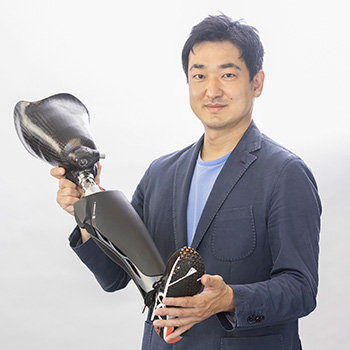
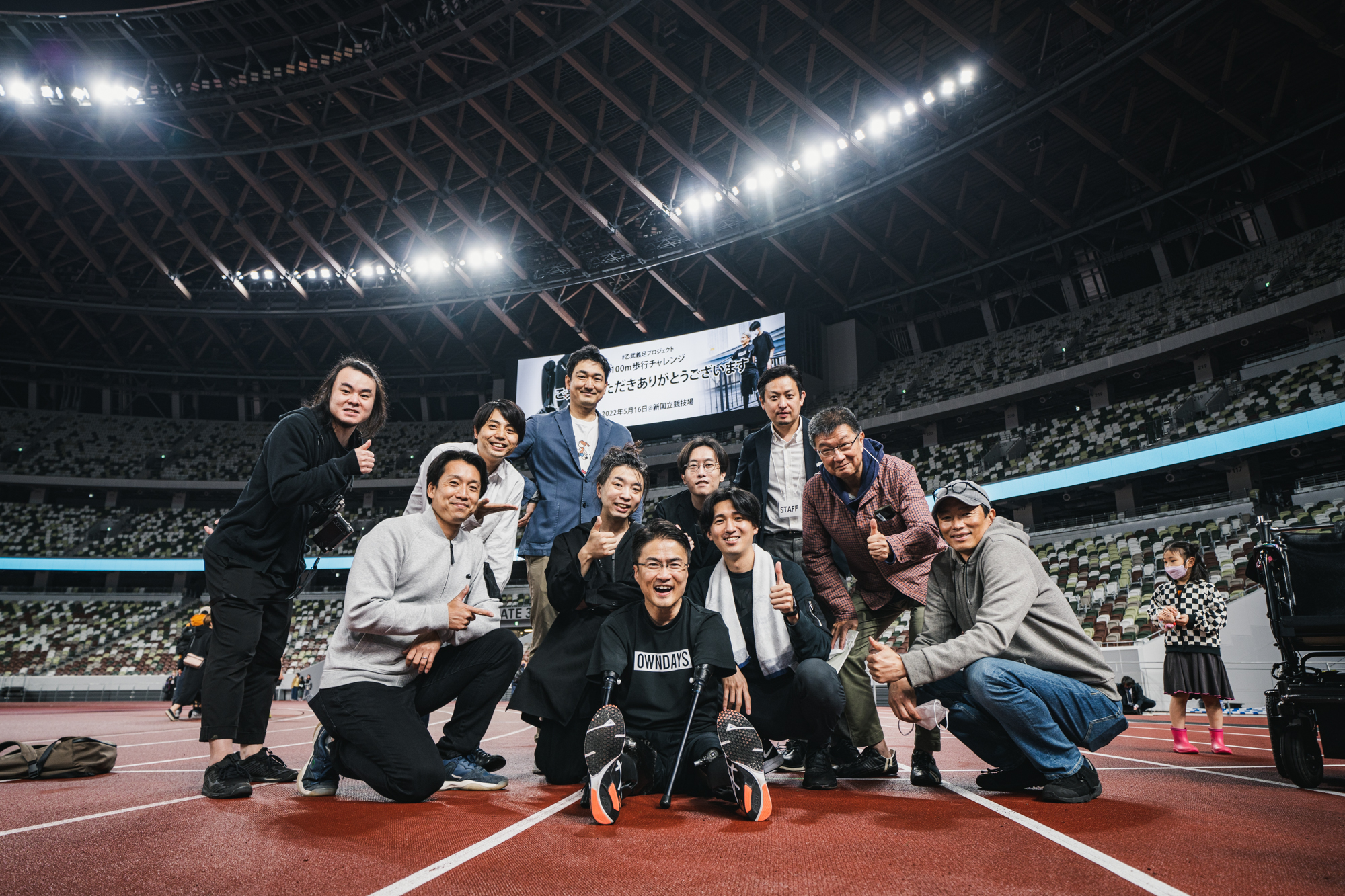

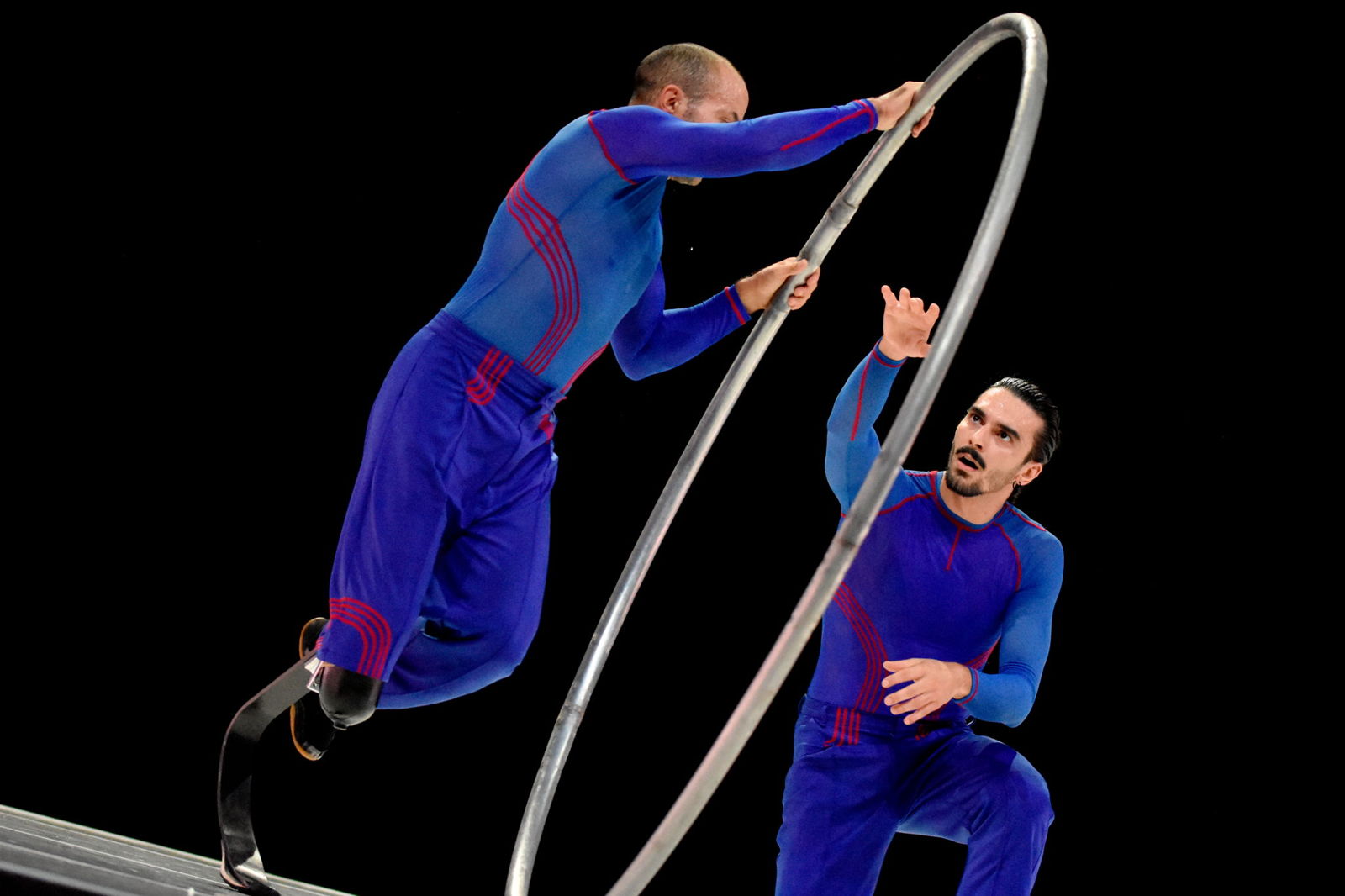
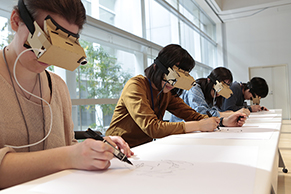
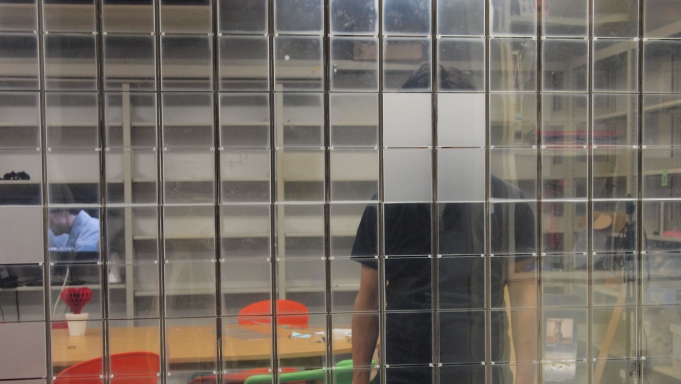
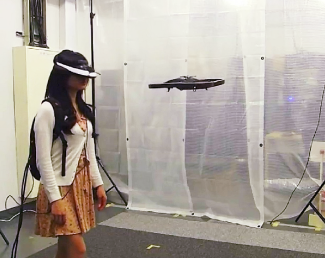
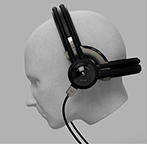

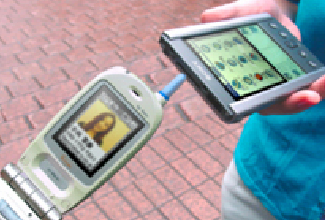
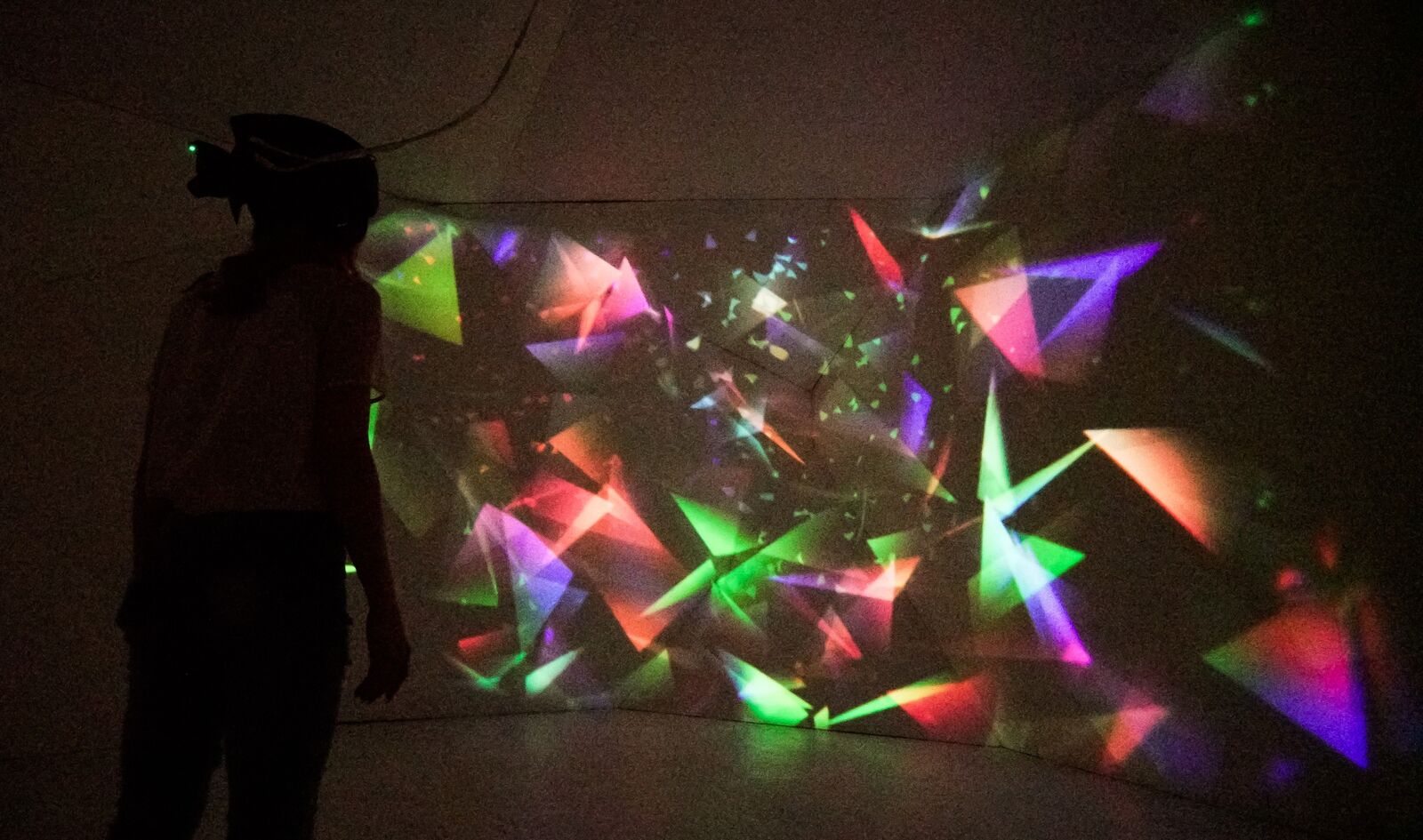
-1.png)

